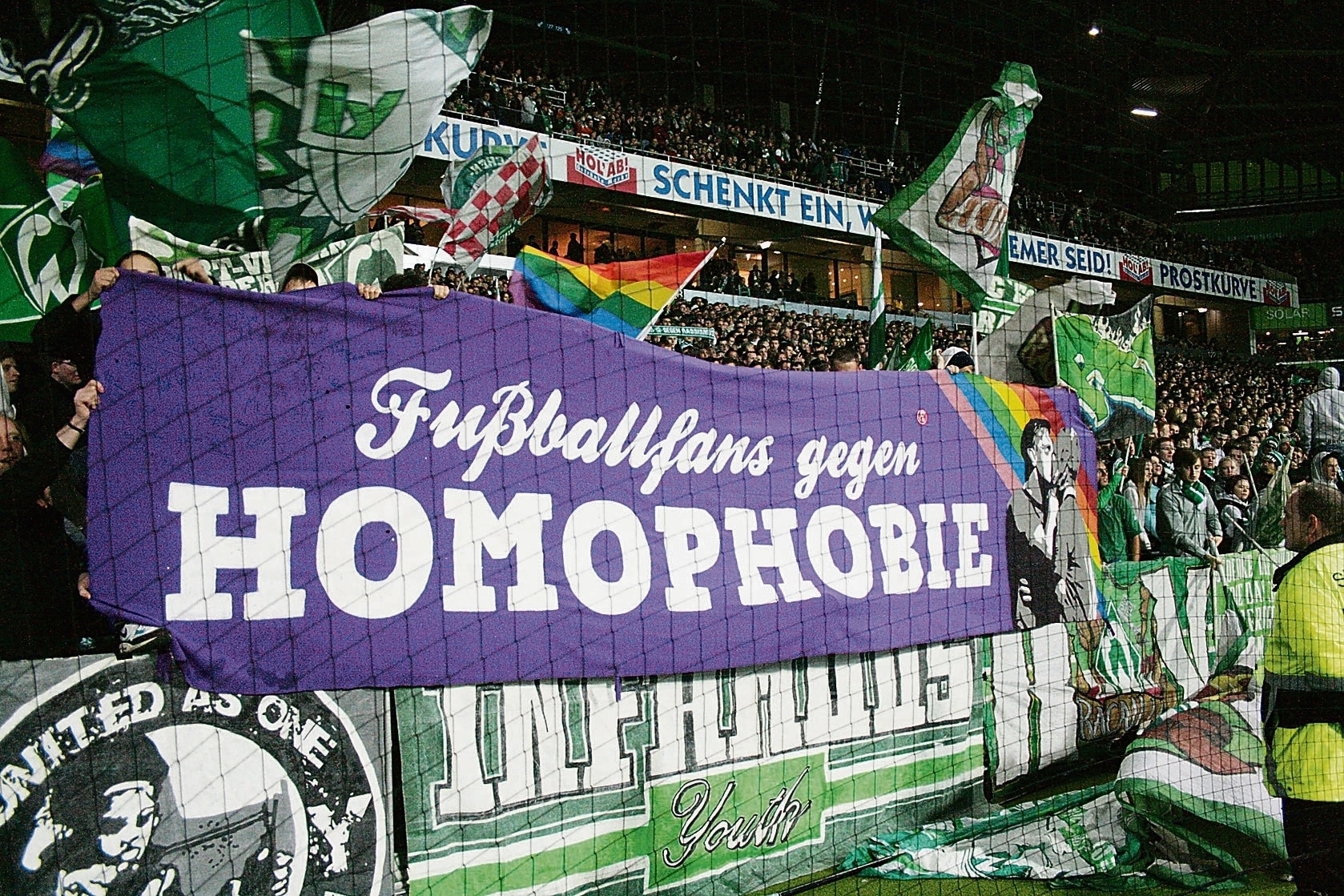UEFA with VERY lenient sentence
Anyone who remembers the European Championship thinks not only of the various games and rainbow armbands, but also of numerous discussions around the topic of homophobia. UEFA is now making headlines with a comparatively mild ruling. It decided to impose a ghost match on the Hungarian national team due to the behavior of its fans. The possibilities that would have existed in this context to make an example would have been far more versatile. But it now appears that only one game will be played in front of an empty crowd.
Whether the fans, who drew attention to themselves with homophobic slogans and the like, will learn from this is questionable.
The UEFA decision in detail
It is particularly sobering that the original decision (actually two games should be executed without spectators) was even softened. In addition, a probation of two years was set in connection with another game.
Even two games in the ghost version were too little for many members of the community. After all, the country - when the eyes of the world were on the European Championship - had "impressively" demonstrated how difficult the situation was for the local people. UEFA's subsequent toning down of the verdict is in some ways a slap in the face for the people who were humiliated in the course of the European Championship. The question that inevitably arises here is: What are human dignity, tolerance and equality worth to UEFA?
However, in the course of their new ruling, the officials also stressed that the fact that a banner reading "#Equal Game" must continue to be held aloft as part of the ghost match. In addition, a fine of 100,000 euros must be paid for the misconduct
A closer look at the incidents - what are the fans of the Hungarian national team punished for?
The homophobia of the Hungarian fans was a common theme throughout the European Championships and cannot be attributed to a single match.
Among other things, there were homophobic and/or racist insults from the stands towards the pitch during Hungary's match against Portugal and the match against France. In addition, some fans of the Hungarians are said to have tried to cause further unrest in the stadium in Munich and that, among other things, it was probably planned to make their way into the opposing block.
In short, the danger that chants and insults could have developed into a full-blown quarrel was definitely present and is not underestimated by many, even in retrospect.
What does the queer community say about the mitigated sentence?
A look at the social networks shows that many cannot understand the subsequent toning down of a verdict that was not particularly strict anyway. On the contrary. Some members of the community feel confirmed in their opinion of UEFA and cannot come to terms with the idea that the association apparently sees homophobia as an offense that should not be punished particularly severely.
In connection with the evaluation of the situation and in memory of how much hatred some players and teams encountered during the respective games, it may be a little easier for some people to understand why even today many athletes do not dare to admit their homosexuality and come out publicly. As long as there is no change in people's minds and homophobia is trivialized, discrimination in soccer will probably continue and manifest itself in many different ways.
A gay judge in India also makes it to the top.
